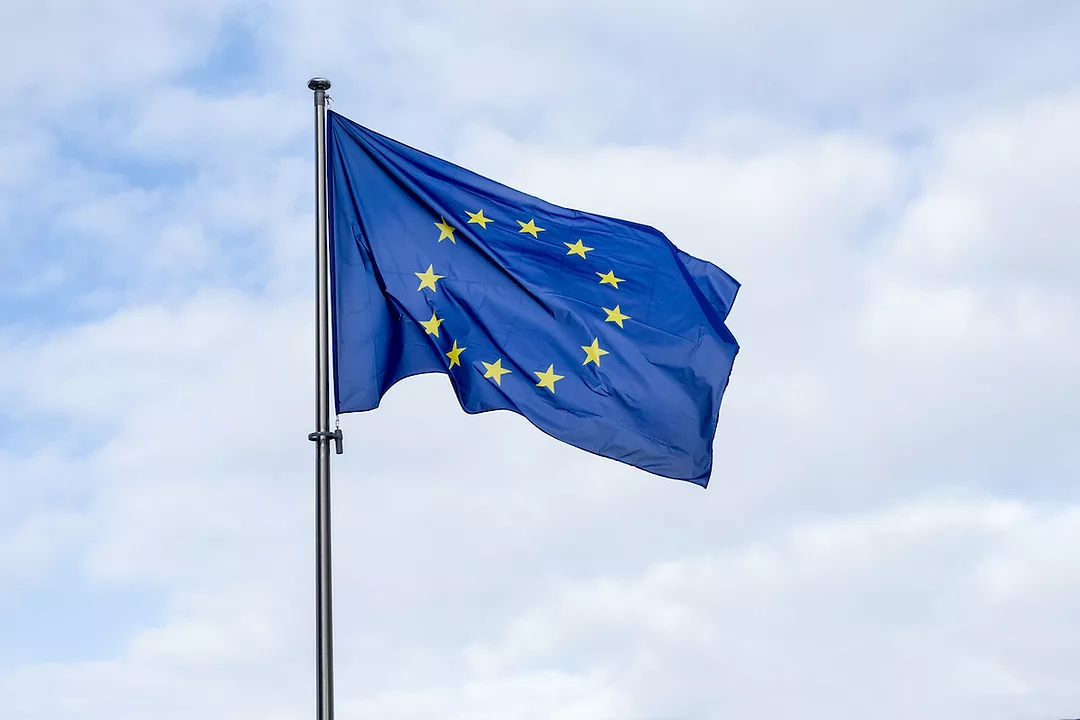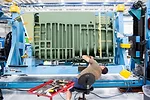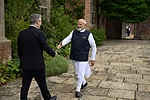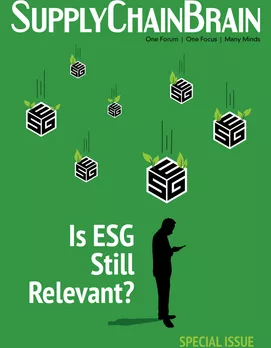
EU-U.S. Trade Deal Gets Mixed Reactions from Europe's Leaders

Photo: iStock.com/AlxeyPnferov
The framework trade deal between the U.S. and the EU announced July 27, setting tariffs at 15% for most EU goods, has garnered little support from leaders of some of the 27 nations that make up the trading bloc.
Although European Commission President Ursula von der Leyen lauded the deal as an important step toward economic stability, French Prime Minister François Bayrou decried the pact as "a dark day" for Europe. Spanish Prime Minister Pedro Sanchez said that while he supports the deal, he does so "without any enthusiasm." Swedish Trade Minister Benjamin Dousa also couched his praise for the agreement by calling it the "least bad alternative."
According to The New York Times, the EU has pledged to increase its investment in the U.S. by more than $600 billion as part of the deal, and to purchase $750 billion worth of American energy over the next three years. The two sides also agreed to drop tariff rates on some products to 0%, including aircraft parts, certain chemicals, semiconductor equipment and select agricultural products.
The deal is expected to significantly impact European automakers and drug makers, with cars and pharmaceuticals representing two of the EU's top exports to the U.S. The EU exported nearly €120 billion ($139.3 billion) in pharmaceuticals to the U.S. in 2024, as well as €39 billion in new vehicles. Trump administration tariffs on imported steel and aluminum will also remain at 50% for the EU, although von der Leyen said that the bloc hopes to address those levies later on down the line.
RELATED CONTENT
RELATED VIDEOS
Related Articles
Subscribe to our Daily Newsletter!
Timely, incisive articles delivered directly to your inbox.
Popular Stories
Case Studies
-
Recycled Tagging Fasteners: Small Changes Make a Big Impact
-

Enhancing High-Value Electronics Shipment Security with Tive's Real-Time Tracking
-

Moving Robots Site-to-Site
-
JLL Finds Perfect Warehouse Location, Leading to $15M Grant for Startup
-
Robots Speed Fulfillment to Help Apparel Company Scale for Growth




